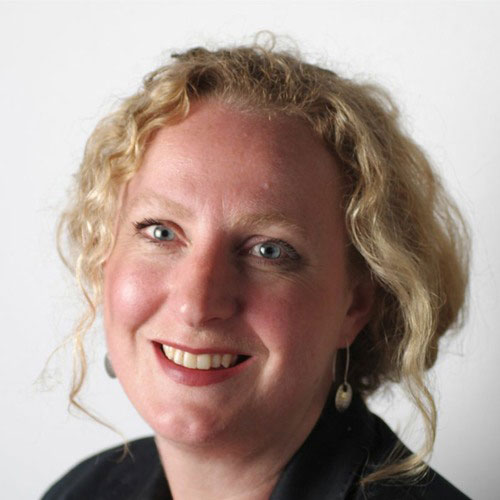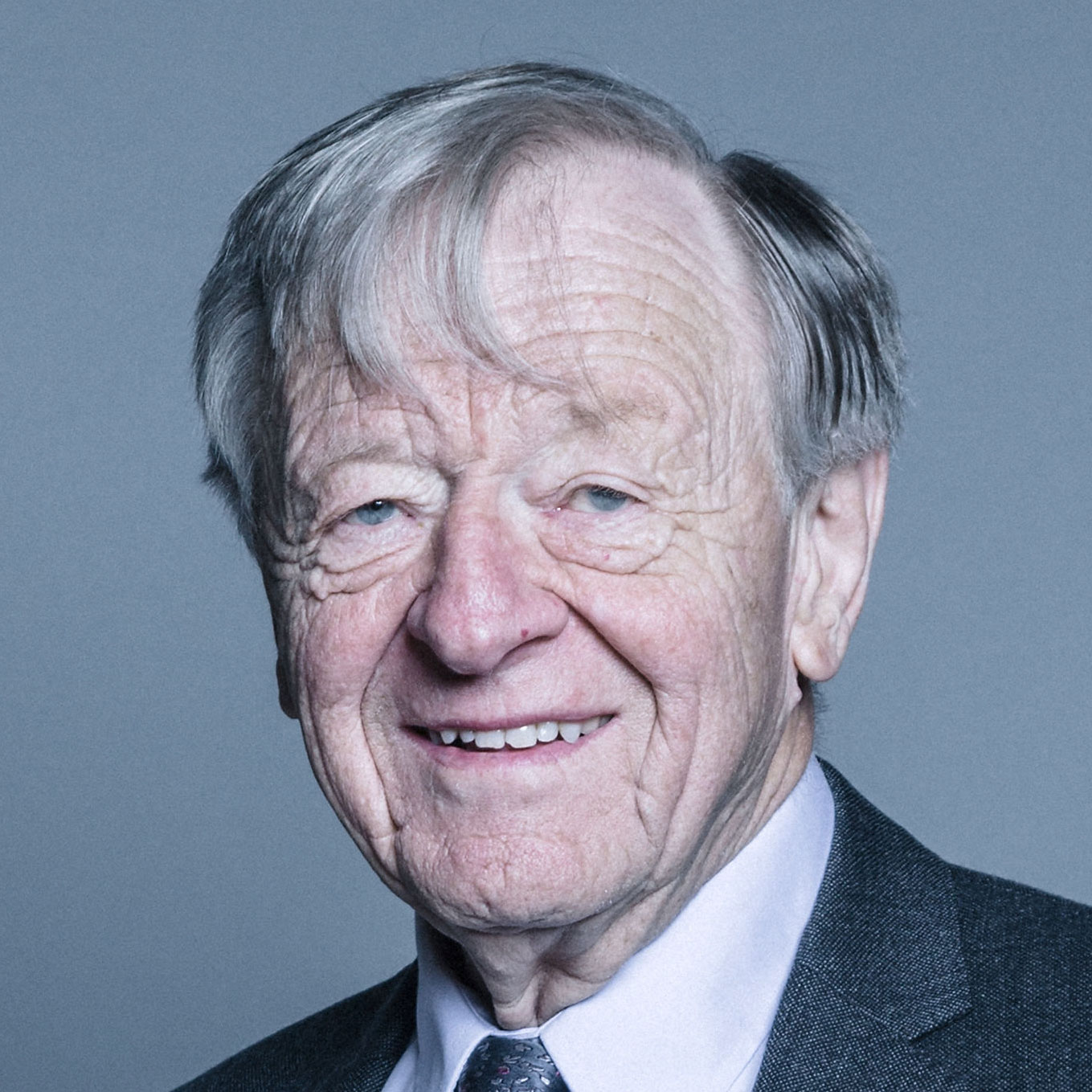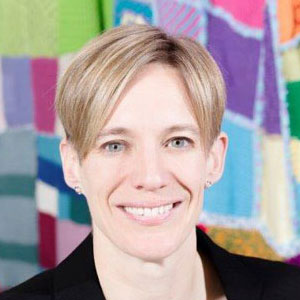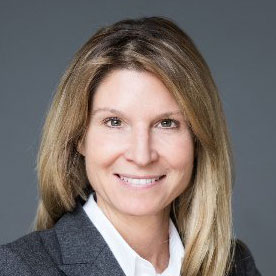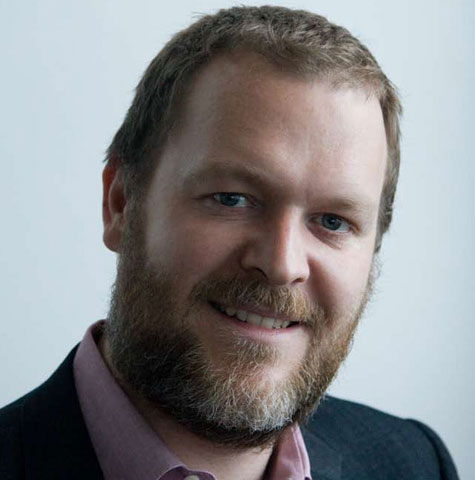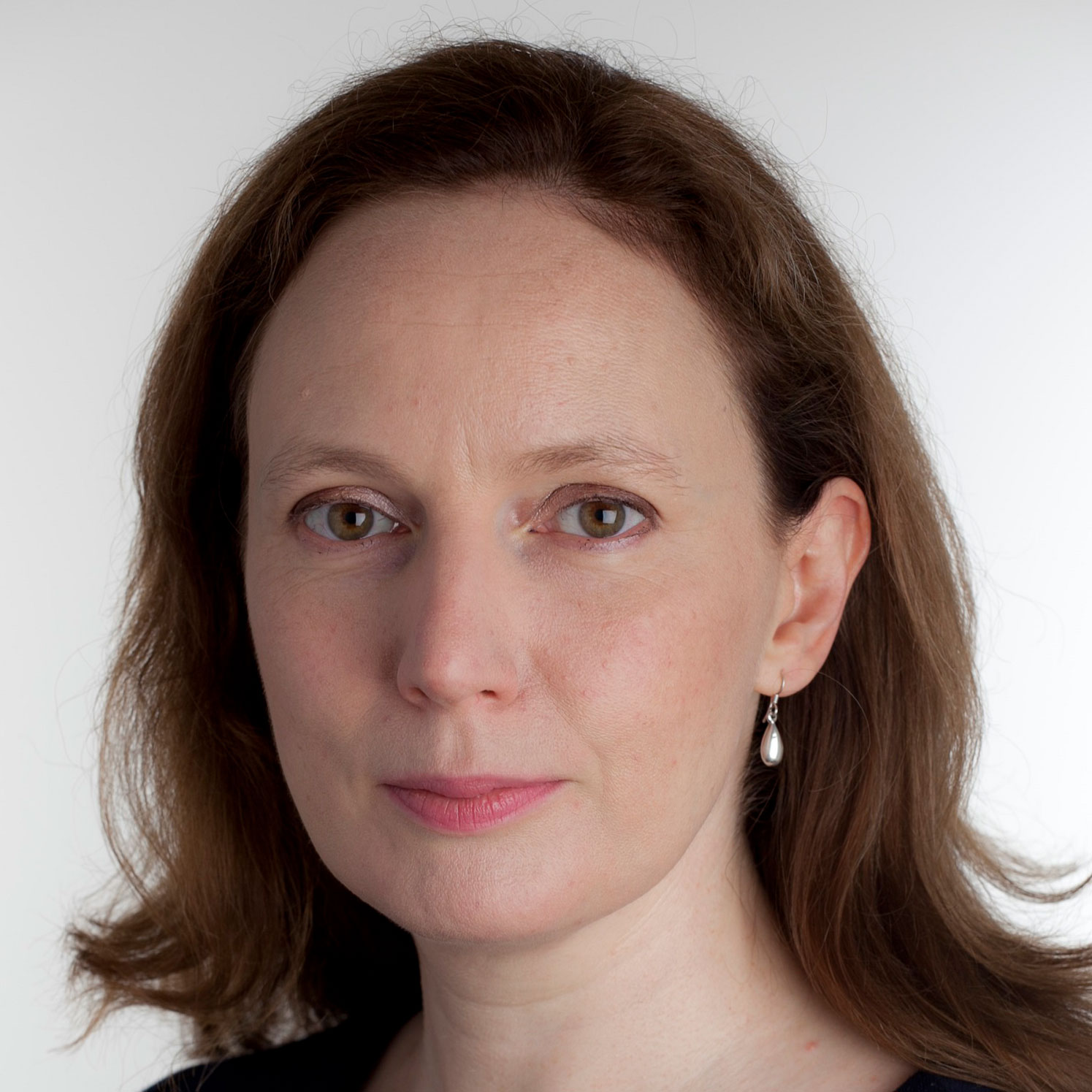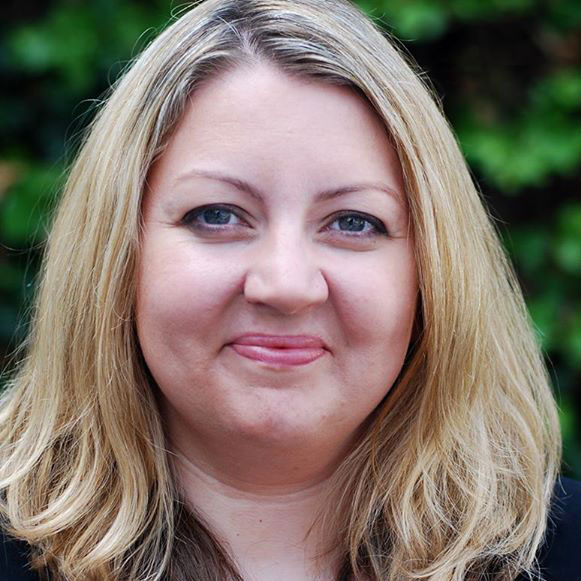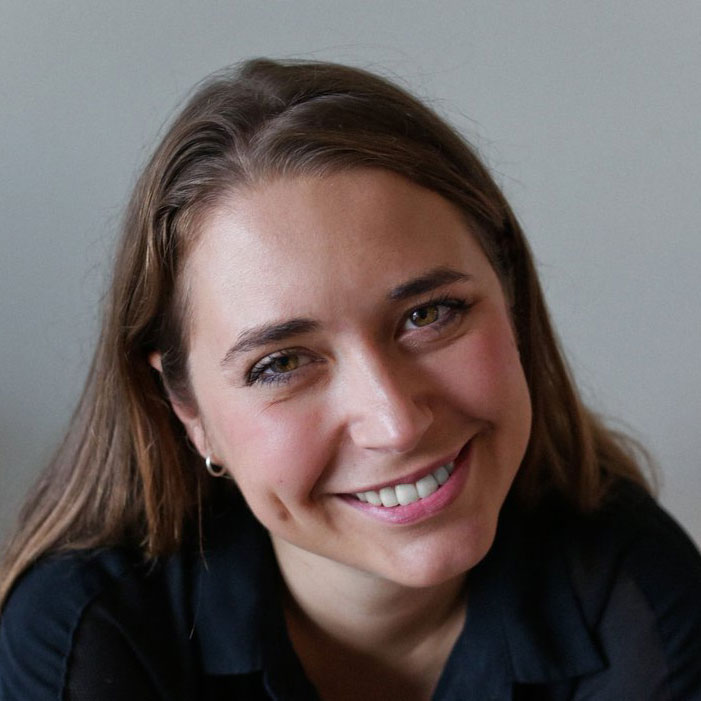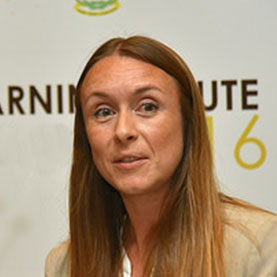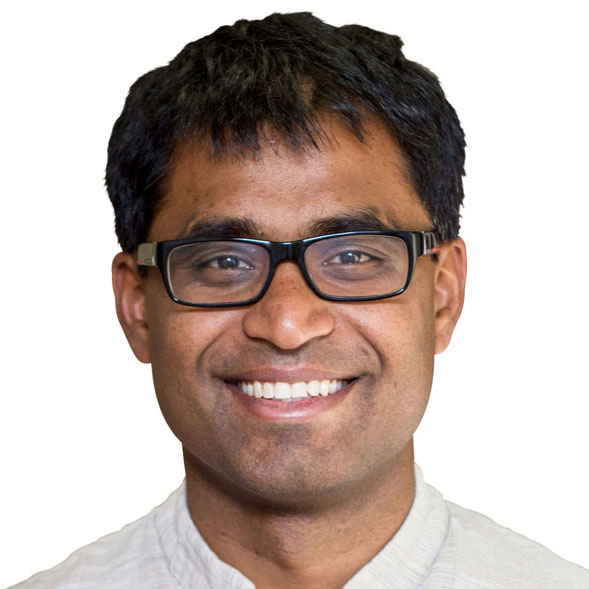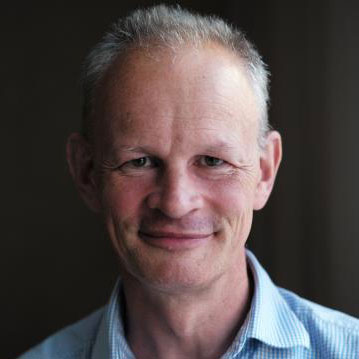International Development
The UK’s status as an international development superpower reflects the skills of the sector’s practitioners as well as how much is spent. Mace’s International Development Index reveals the leaders wielding political influence in the aid sector.
Britain’s international development expertise makes Britain and the world safer, stronger, and more prosperous. From our high aid spending figures to our extensive charitable and NGO sector, the UK’s contribution is internationally recognised – but not without controversy.
Recent years have seen calls for reform and greater coherence from all directions. Most weren’t expecting much, so recent government changes have shocked swathes of the sector.
Since 2013, the UK has dedicated 0.7% of its national income to overseas development spending. It’s a commitment that has enhanced the UK’s status as an international development superpower and is totemic to those working in the sector. This share was a pre-existing UN target, but in 2015, it was enshrined in law by a statutory duty passed by the government. Last year, the government abruptly announced that development spending would be cut to 0.5% – reducing UK aid spending by £4.5 billion in a “temporary measure” to combat the financial impact of Covid.
The decision follows 2020’s dramatic disbanding of the Department for International Development (DfID) which “was met with derision, dismay and anger across the sector and political spectrum”, according to Bond, an umbrella network for British organisations working in international development.
The FCO and DfID are now combined within the Foreign, Commonwealth & Development Office (FCDO). Formed in 1997, DfID spent around 75% of the total aid budget. The merging of the two departments was, said the government, part of the UK’s post-Brexit Global Britain strategy to improve efficiency, coordination and cooperation.
Tony Blair deemed it a “long-term strategic mistake”. Critics have lamented that DfID now lacks a designated development minister and speculated that the focus of aid spending will thus shift from fighting poverty to promoting British self-interest abroad.
The UK’s aid sector has been damaged by serious accusations of misuse, and worse, gross misdirection of funds – whether by accident or design. Campaign group One, founded by Bono, last year accused the government of misspending £1.6bn of aid on projects that were not helping the world’s poorest people. Leading figures such as Oxfam’s Dhananjayan Sriskandarajah have suggested that the giants of the industry dwarf and indeed crush the smaller players – suppressing the amount of good done. Other critics point to the exceptionally high salaries of those occupying the top jobs. Most serious of all, recent and mounting allegations of abuse by charity workers in foreign countries have shrouded the sector in shame.
Covid has brought in a new set of challenges to the sector. The moral dilemma of whether to direct the UK’s vaccine supply to vulnerable people in poorer nations, or to vaccinate our own younger children and teens remains unresolved. Last month, the government pledged to donate 100 coronavirus vaccine doses within the next year, similarly, they will contribute to a pooled pledge with G7 members to donate 100 billion by the end of 2022.
However, Global Citizen and Save the Children amongst other major NGOs have called on Boris Johnson to share more doses – quickly – to help end the pandemic on a global level.
The WHO agrees, as do Unicef UK, who are delivering two billion vaccines for health workers and high-risk people across the world.
In its last year of doing so (for the time being), the UK was one of just seven countries to meet the UN’s 0.7% target. In fact, only 14 countries have ever met the target: none of the US, Australia, Italy, France nor Japan feature in this number.



